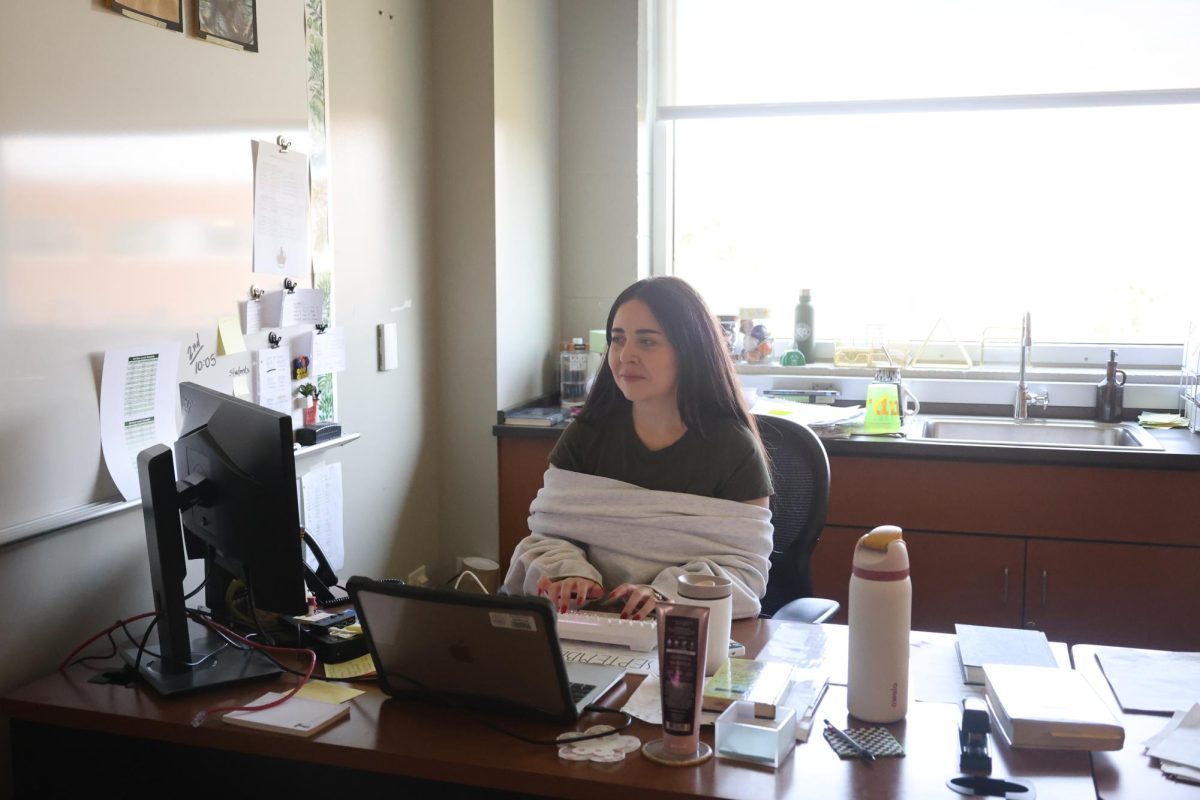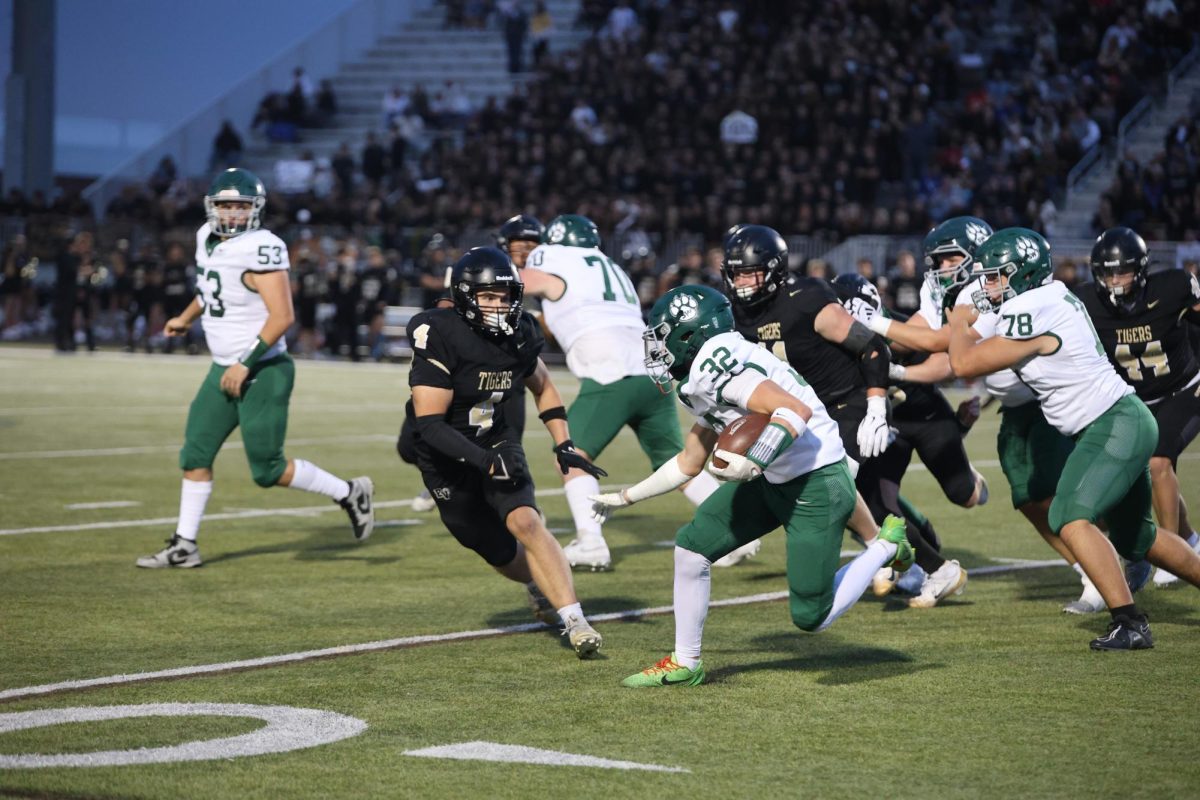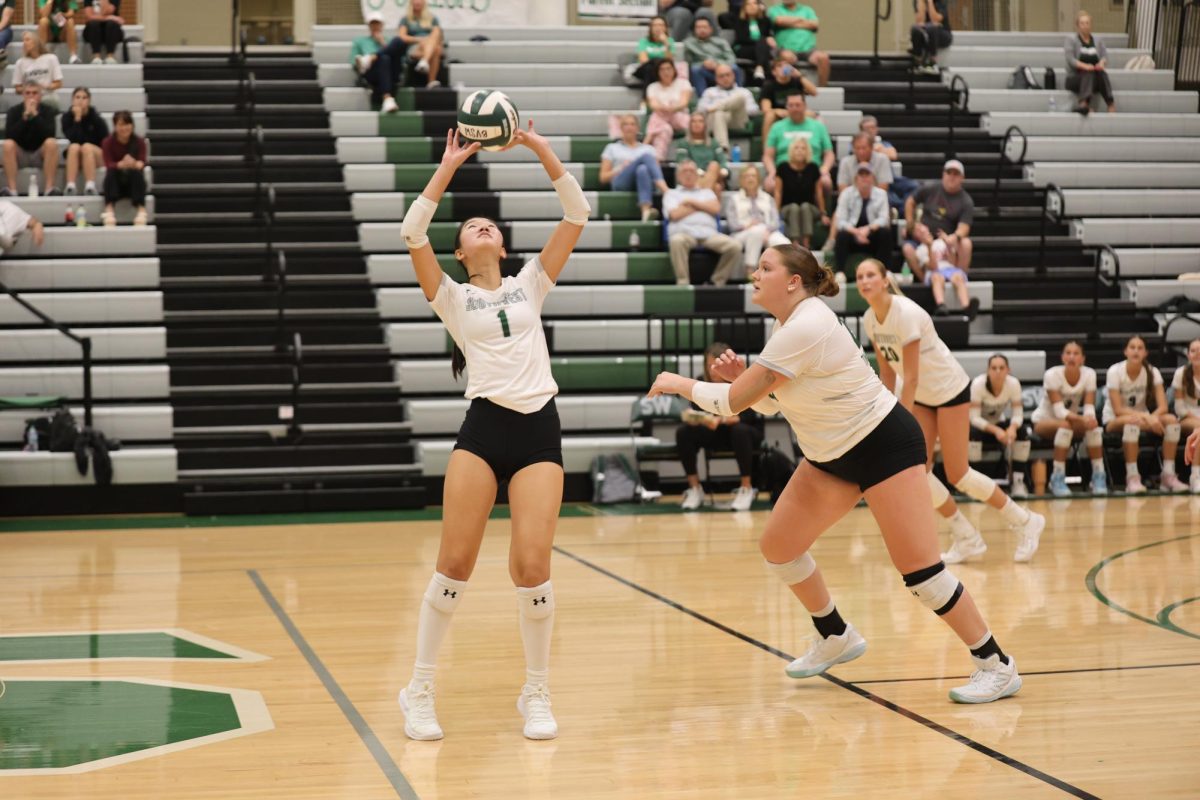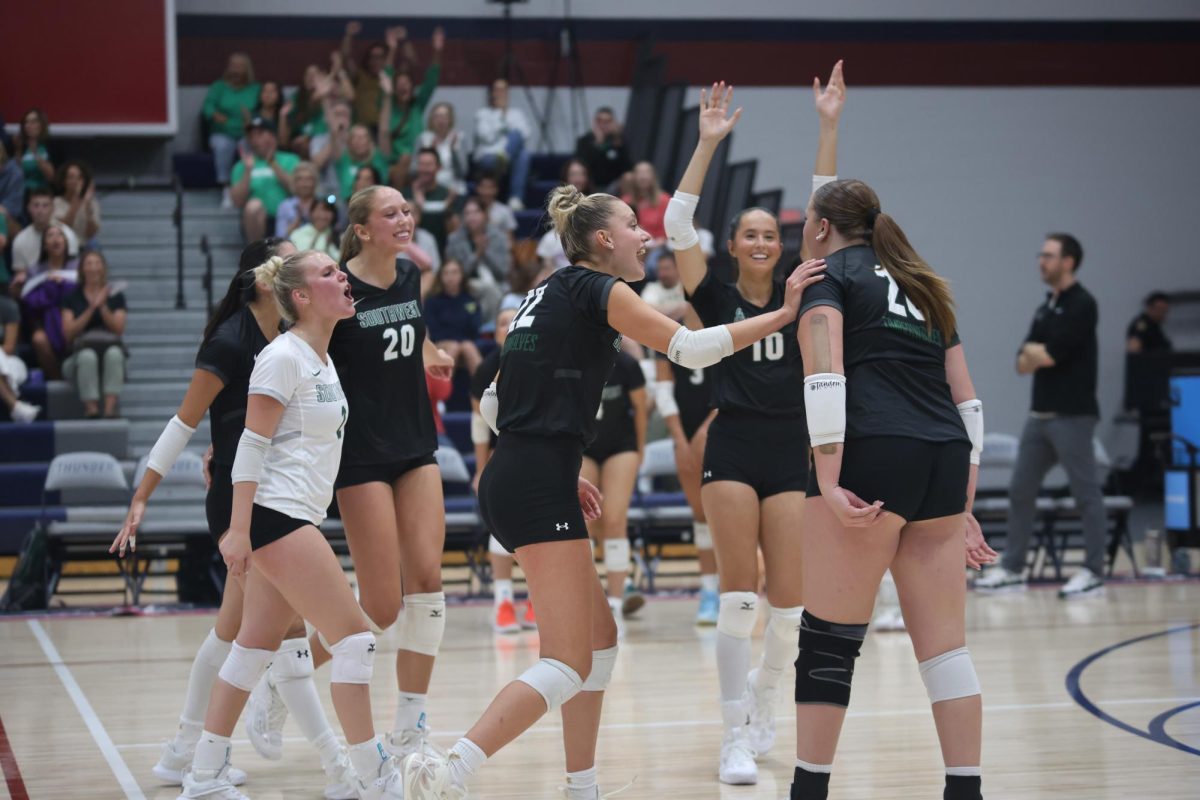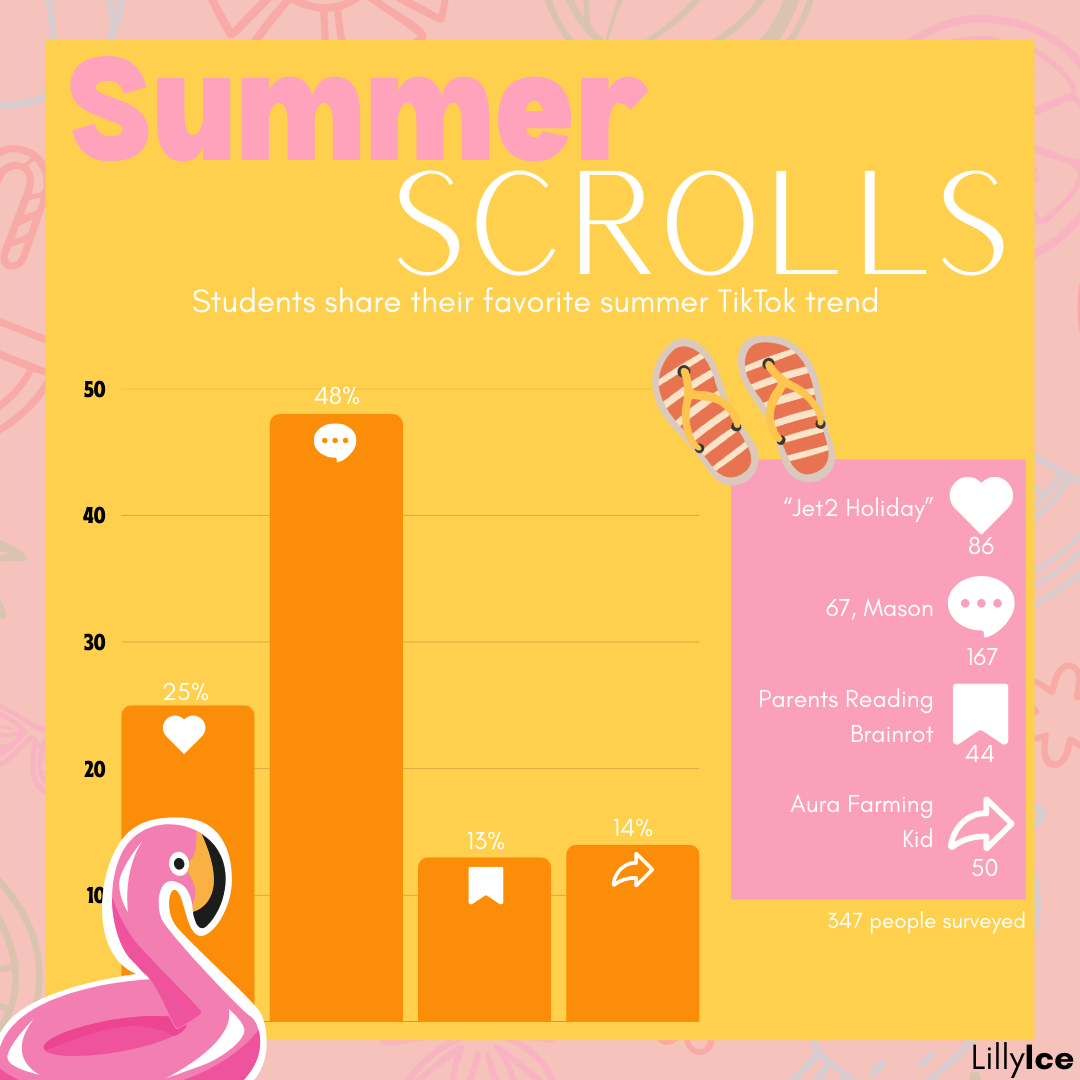In the early hours of the morning on Oct. 7, two white men intruded into Sterling Law’s home. The 54-year-old black man was brutally attacked as the intruders poured rubbing alcohol onto his body and set him on fire. Law then suffered second-degree burns on both his stomach and legs.
Crimes like this one committed in Council Grove, Kan., or the crime portrayed in “The Laramie Project” are both considered hate crimes. Hate crimes are classified as any crime that is committed when somebody purses another individual simply because they disagree with them; whether it is because of their race, religion, sexuality, etc.
“I created an advisory lesson to accompany the Laramie Project,” guidance counselor Kristi Dixon said. “Matthew Shepard [main character in the Laramie project] was murdered and his murder was a hate crime, one that really got legislation rolling. It is another level of crime when you pursue someone because of something you disagree with.”
Students at Blue Valley Southwest are not constantly surrounded by these types of horrific crimes, but they do see this hate on a different level – with their words.
“I think students use [offensive] words because that must be the first thing that comes to their mind when they describe something, which isn’t right,” sophomore Monica Pickett said. “Some people say those kinds of words to make them ‘fit in’ or use it because other people are and they don’t realize it’s offensive.”
Dixon said hate crimes and hate speech are connected. Even though hate speech has no direct physical consequence using, or not stopping others from using, those slurs can have a negative connotation and can be offensive to many people.
“When you stand by and witness something happen, you’re basically saying you’re okay with it,” Dixon said.
Being silent is accepting those hate words as true and Dixon is striving to help the student body understand this. She hopes to encourage the acceptance of everybody at Southwest and promote diversity.
“Tolerance, for a long time, was the goal,” Dixon said. “But nobody really wants to be ‘tolerated’ … who wants to be tolerated? Because, at any point in time, you could be tolerating me, but then turn around and smack me in my face. I won’t be tolerated, I’ll be accepted. And I think every human being deserves that.”
Hate speech is usually used casually in conversation, but in reality it is a form of non-acceptance and it is not a topic to take lightly.
“I think, when it makes people uncomfortable, they are quick to excuse that and to say ‘Oh, no, that’s not the same, they really aren’t connected’,” Dixon said.
As opposed to underestimating the connection between the use of these word and what they are truly portraying, Dixon hopes to get the student body to understand the severity of what the slang really means and how it can affect people.
“It bothers me when I hear people using those words,” Pickett said. “I feel really bad for those it is offending. If I were in their shoes, I wouldn’t want to be offended like that. It just doesn’t make sense why they would use those words anyway. To an extent I think some students are unaware of how offensive the language is to others. I think maybe some people use that as an excuse, but the younger students might not even know what that means. I think as they grow older or more mature they will realize what they’re saying. They will learn that they could open a dictionary and find plenty of words that would be appropriate.”
Some students simply did not understand the severity of their words but after being around those who could be offended, they understand the reality of what they are saying.
“I didn’t find [hate speech] offensive before I took Peer Tutoring,” freshman Shannon Black said. “I used the words and didn’t really think that they could offend people the way that it actually could offend them.”
Using hate speech in the vernacular can ostracize those who are being talked about simply because they are different.
“We are not all the same,” Dixon said. “We all have similarities, and the things that are different about us are something that we should celebrate and be open to and be willing to learn more about.”
In the advisory lesson Dixon was hoping to emphasize that everybody is entitled to be themselves and entitled to their own opinions, and it is everybody else’s job to respect those decisions.
“You don’t have to agree,” Dixon said. “But you do have to learn to accept. If you don’t agree that is okay, but there’s no reason that we can’t have a peaceful coexistence.”
Dixon is calling for every student at Southwest to be aware of their word choice and to understand what the common slurs actually mean to those they are addressing.
“Students should think before they speak,” Pickett said. “They need to realize what they’re saying and how it might offend others, even some of their friends.”
Categories:
Hate words can label
0
More to Discover
About the Contributor
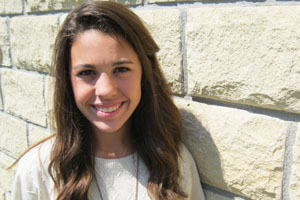
Haley Hansel, Editor-in-chief
Hi! I started my journalism career when I was a freshman at Blue Valley West. This will be my third year on newspaper staff and I am really excited to be the editor-in-chief this year. Aside from newspaper, softball takes up the majority of my free-time. I am on a competitive team who travels throughout the year to college-exposure tournaments. Next year I, along with all the other seniors on my softball team, will be playing softball in college. My family consists of my mom, dad and my three other siblings. My older brother Tyler is a freshman at Colorado School of Mines, my sister is a freshman at West and my brother is a 7th grader at Pleasant Ridge Middle School. I am very excited about this year and cannot wait to share the paper with Southwest!


